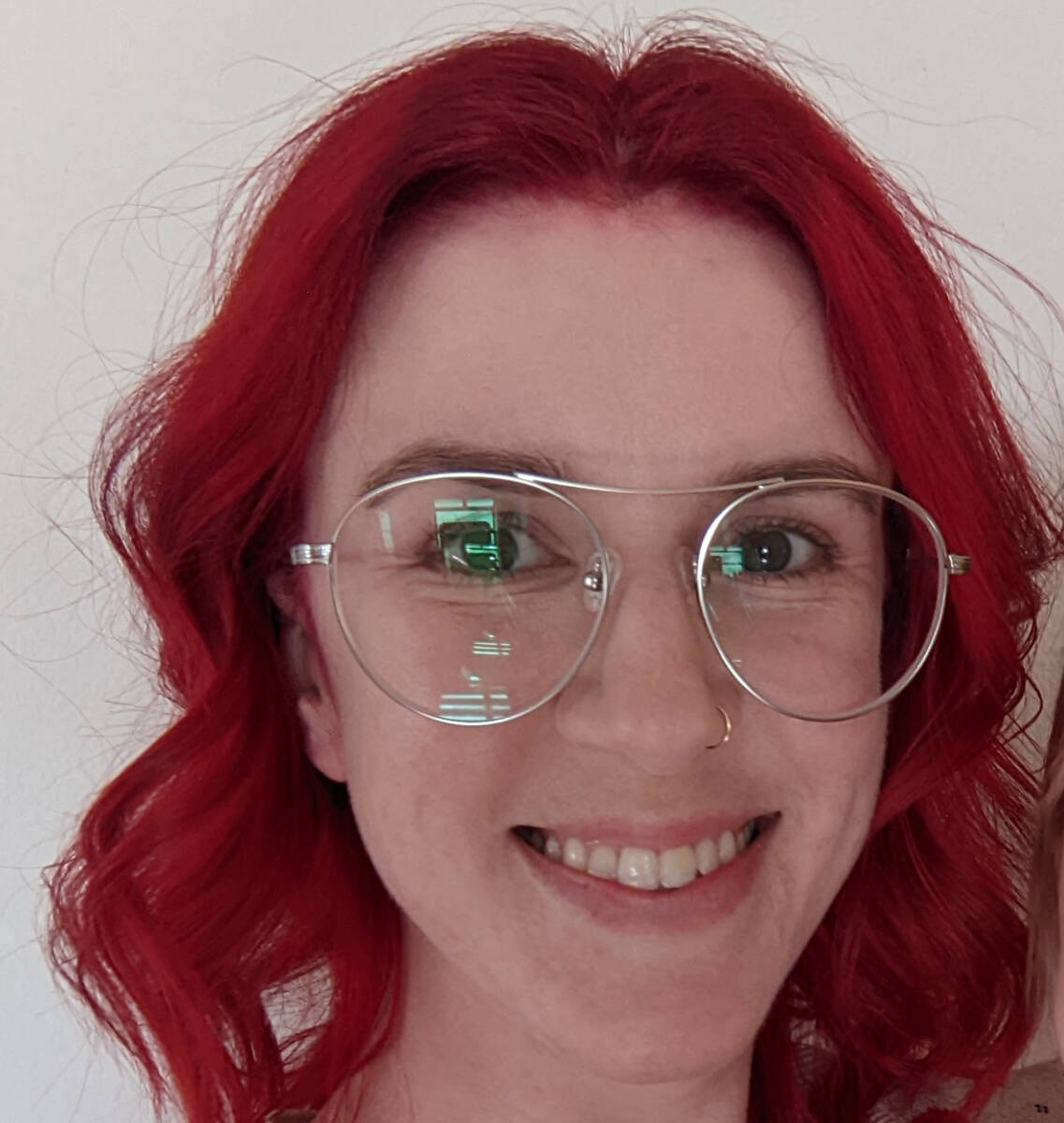COVID complicates raising children
Millennial parents have been thrown some curveballs as we’ve transitioned into parenting. The largest and most unprecedented curveball was a global pandemic that shut down all schools, day cares, public parks, events and any other community support that most parents relied on for educating and entertaining their children.
We’re coming up on three years past the initial COVID-19 lockdown and the social recovery is well on its way, but there are still some unique challenges to parenting in the “After Times.” Namely, integrating the pandemic babies into a world that seems to not always welcome them.
My oldest child was just shy of a year old when the first lockdown went into effect and my youngest was born during the pandemic. Because of this, they spent the majority of their infant and toddler years at home with me, sometimes not leaving the house for days at a time. We weren’t attending mom and baby groups — there weren’t any. We weren’t going to the parks or libraries — they were closed. I wasn’t taking them with me on errands — everything was ordered online.
Even family members were kept at a 6-foot distance, interacting only through panes of glass during the worst of it. My kids didn’t get the normal integration into communal and social life that most children get. Which means that when things started to open back up, they weren’t sure how to act.
I’ve spent the better part of the past year and a half (or has it been two years? Time seems to pass differently now) getting them used to going into public. I’ve had to teach them how to act in grocery stores or restaurants at a much older age than most other children learned appropriate public behavior.
It took months for my oldest to not run away from every child they encountered at the playground. And even when progress is made, sometimes we still have to cancel plans because someone got COVID and it sets off a small anxiety spiral about germs and illness that no toddler should have to worry about. I think we all have some lingering COVID trauma, but still we push on, resilient as ever.
Where it starts to get difficult, though, is the sense of how little tolerance the general public seems to have for children at times. Snide remarks from a woman at the grocery store who was upset because my children were laughing (not screaming, just laughing) triggered questions from my toddler about whether she was allowed to make silly faces at her brother or not.
And when my children do have their moments of disruption, I’ve gotten responses that range from angry looks to comments like, “Maybe you should keep them at home,” even when I’m actively in the process of trying to calm them or remove them from the situation. The children have been at home, some of them for far too long, and the only way they’re going to learn how to exist in public is by being in public.
All people learn by making mistakes, and this includes children. The message of “don’t act out in public” isn’t going to sink in until mom has yanked them out of a store with a quickness once or twice. In order to learn the difference between inside voice and outside voice, home behavior and public behavior, they’re going to have to practice. And that means they’re going to mess up sometimes.
Please grant them, and their parents, a little grace. We’re all learning what it means to live in a post-COVID-19 society, our littlest ones doubly so.
The opinions expressed above belong solely to the author and do not represent the views of the Boulder City Review. They have been edited solely for grammar, spelling and style, and have not been checked for accuracy of the viewpoints.
Kayla Kirk is a lactation educator in the Las Vegas Valley. She holds degrees in psychology and perinatal education from Boston University and the University of California, San Diego. You can find her hanging out in the local coffee shops or hiking with her husband and two children.





